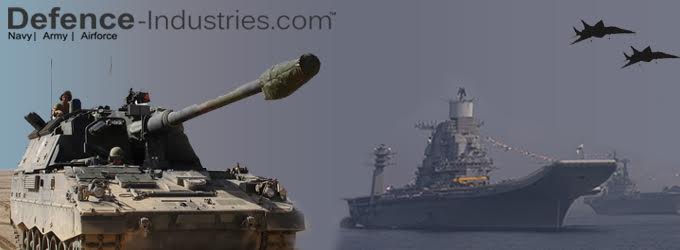In the modern era of globalization, developing countries are continually appealed by foreign manufacturers and other counsel groups, to shoot-up foreign investment capital in technological industries; especially in the defence sector. The usual rationale is that an increase in foreign investments would accelerate technological upgrades and hence strengthen the domestic defence industrial infrastructure.

There are some archetypal areas that make foreign investments in the defence sector significant form a nation’s security and welfare perspective. They could be discussed as given below:
(1) Foreign manufacturers or owners could restrict defence supplies to host governments;
(2) Foreign manufacturers or owners could use inherited technologies to jeopardize the host government’s security interests;
(3) Foreign-acquired domestic organizations could be used for surveillance, incursion and crippling host governments; and
(4) From a developing country perspective, foreign ownership could bring in low- end technologies thereby wiping out budding defence industrial bases in host countries.
The last concern can be significantly problematic for developing countries in dearth of dependable evidence that a higher level of foreign investments leads to influx of high-end technologies. Defence sector in emerging economies has been characterized and seasoned by well-designed offset policies as in South Korea. In Indonesia, intelligent defence procurements have boosted a joint manufacturing and co-development path, quite recently. At the minimal level, developing countries might need to first provide an equal chance to the domestic manufacturers before opening up to them competition from established global manufacturers.
A study of current international practices revealed that choice of policies for developing countries with respect to foreign direct investment in defence need to look at several interdependent and related factors.
1)Developing countries featured by weak legal and administrative systems might need to form better administrative strategies to avoid adverse effects from foreign investments and their control in domestic manufacturing capacities. Equity movements, for instance, could be a significant aspect that would reflect market trends. Needless to say that this implies that host countries be geared up on their legal framework in order to support such strategies.
2)Only domestic citizens could be given sufficient control and senior management roles in the spectrum of defence industries.
3)The national policy making must be a well-measured, exchange based one, in order to ensure equivalence in benefits.
Though the above may seem challenging, it is relieving to know that major arms-manufacturing nations practice certain restrictions themselves. Defence is a sensitive industry and hence calls for an inspection of foreign investments: a‘before and after’ clarity is liable to be sought by operating governments.



0 Comments